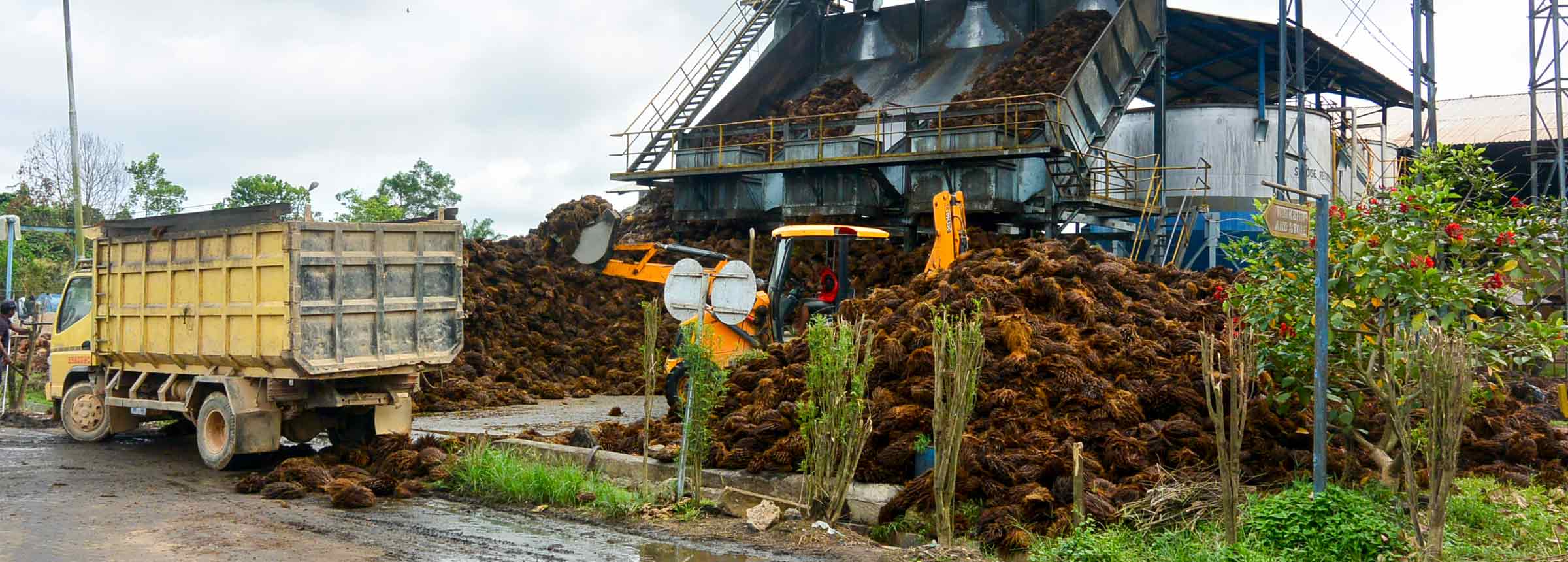Projects
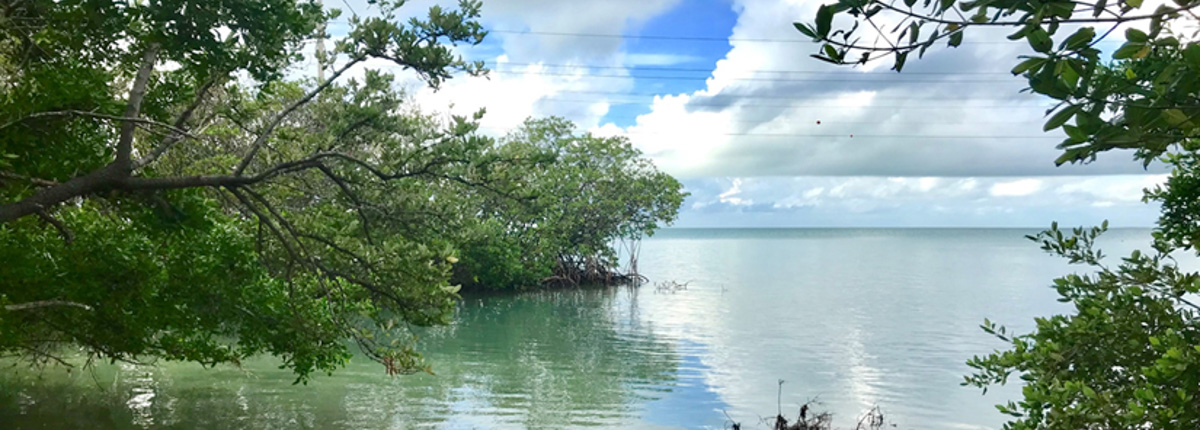
Vietnam Blue Carbon
To aid its transition to resilient, sustainable development, Vietnam is developing a carbon payment for forest environmental services (C-PFES) policy. Under this program, eligible forest owners will receive payment for the services their forests provide in absorbing and storing carbon from the atmosphere. Mangrove forests are key in enhancing the resilience of coastal countries in […]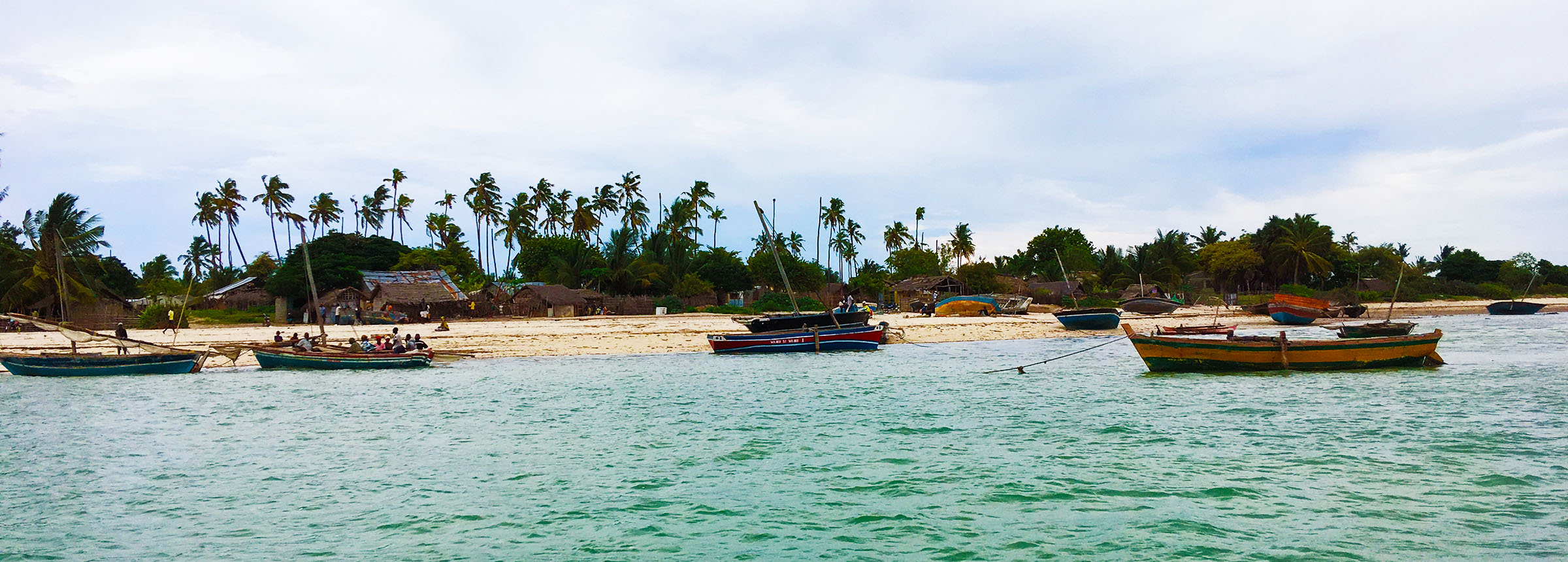
Green Technologies to Facilitate Development of Value Chains for Perishable Crops and Animal Products
In Mozambique, the electrical grid covers only 28 percent of the population, which has far-reaching implications in many areas of daily life, including food safety. Solar-powered chillers can keep fish fresh longer and thereby guarantee a safer food supply, but most of these products are too expensive for individuals to buy. The GreenTech project is […]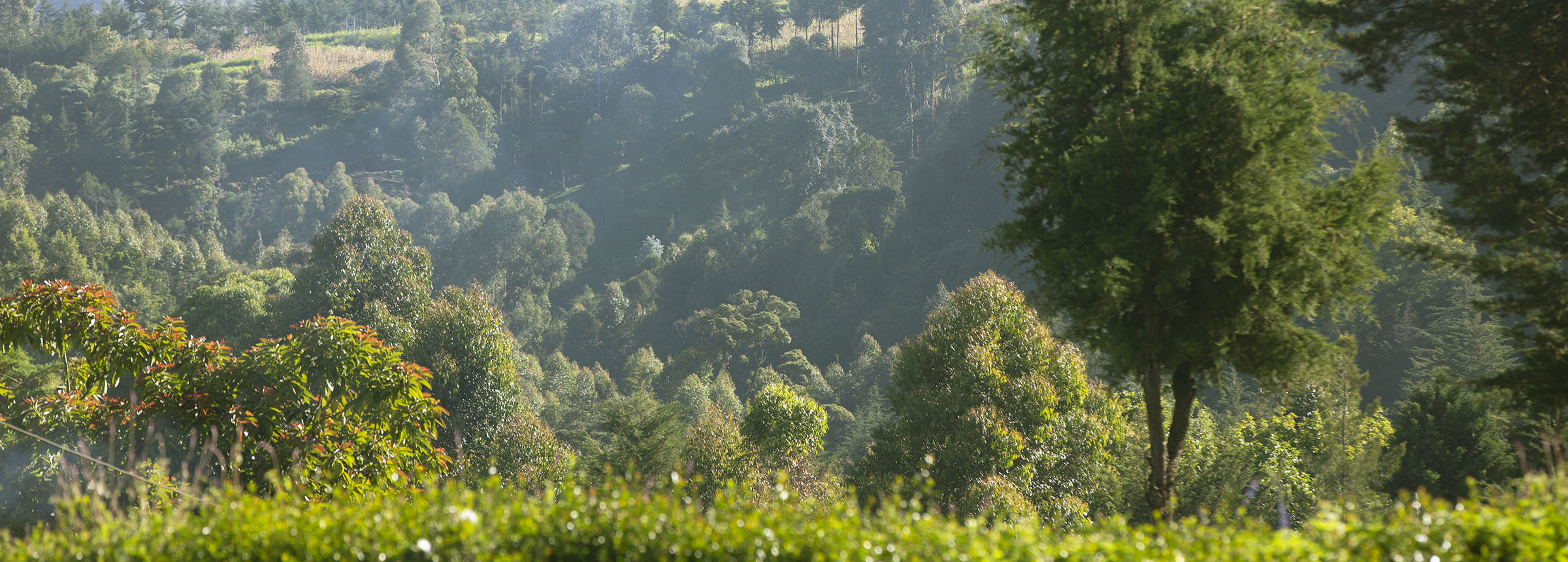
Costa Rica ERPD
As part of Costa Rica’s efforts to become carbon neutral by 2021, it is developing a National Reduced Emissions from Deforestation and Degradation (REDD+) Program to lower emissions and access climate finance. Winrock scientists are supporting Costa Rica’s efforts by helping it to develop emissions accounting approaches that comply with the strict requirements of international […]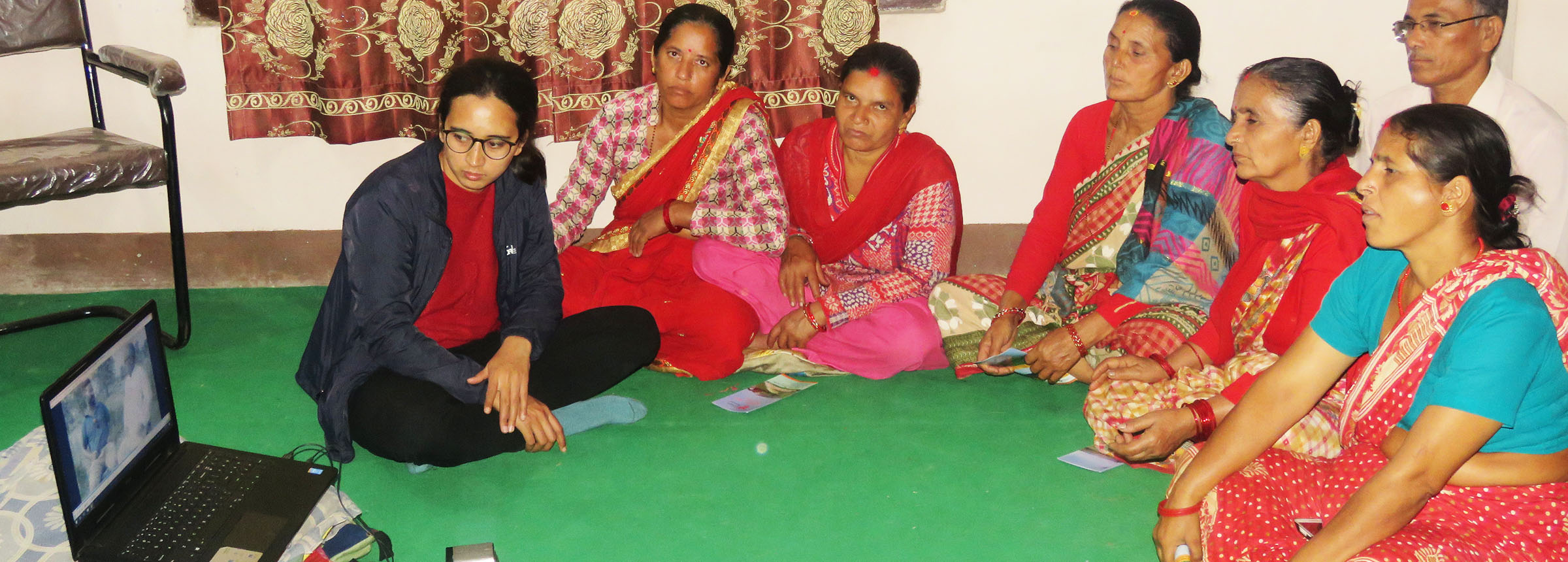
Knowledge Exchange for Solar Water Pumping
This project works with Nepal Agricultural Cooperative Central Federation, Ltd. to develop the capacity and enhance the knowledge of five rural municipalities, eight Small Farmers Agriculture Cooperatives, Ltd. and farmers on solar irrigation through knowledge exchange and live demonstrations. By developing a network of cooperatives, rural municipalities and SWP suppliers, the project aims to accelerate […]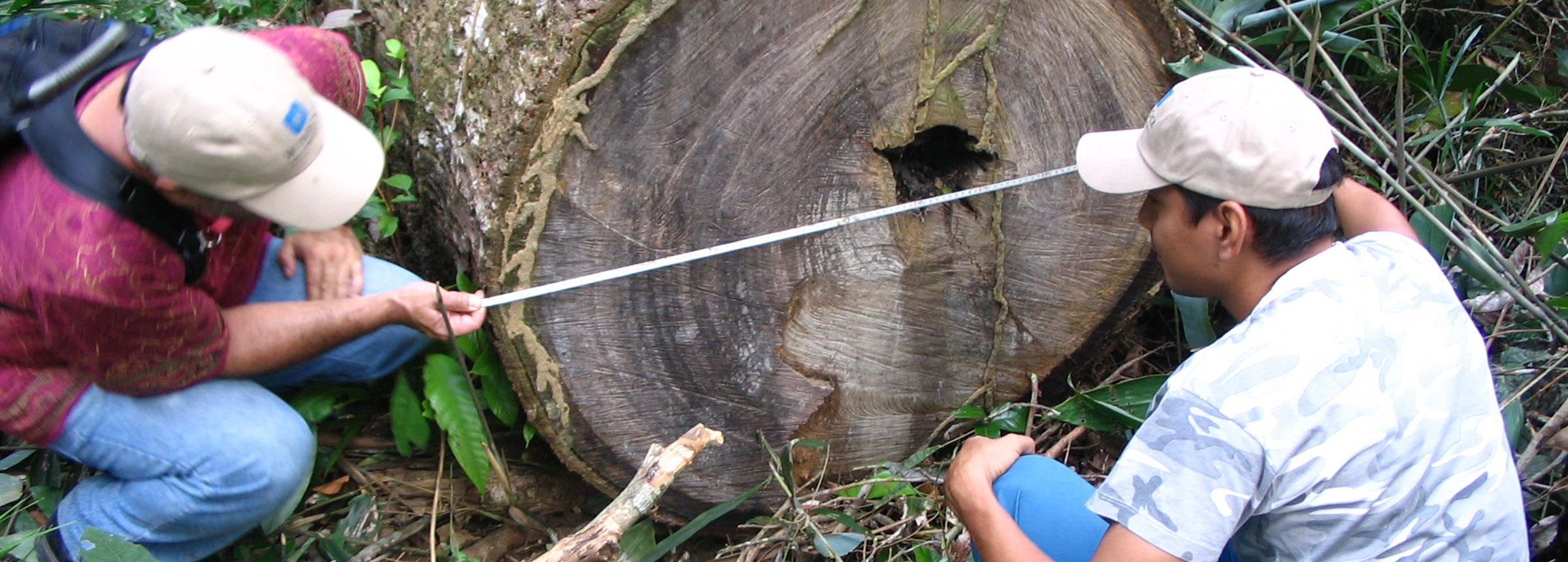
Tocantins REDD+
The state of Tocantins in Brazil is dominated by wooded savannahs called the cerrado. These once-vast ecosystems are threatened by expanding cattle ranching and agriculture, and rates of deforestation in the cerrado now exceed those in the Amazon. Winrock providing technical support to the Government of Tocantins in developing a sub-national REDD+ program to provide […]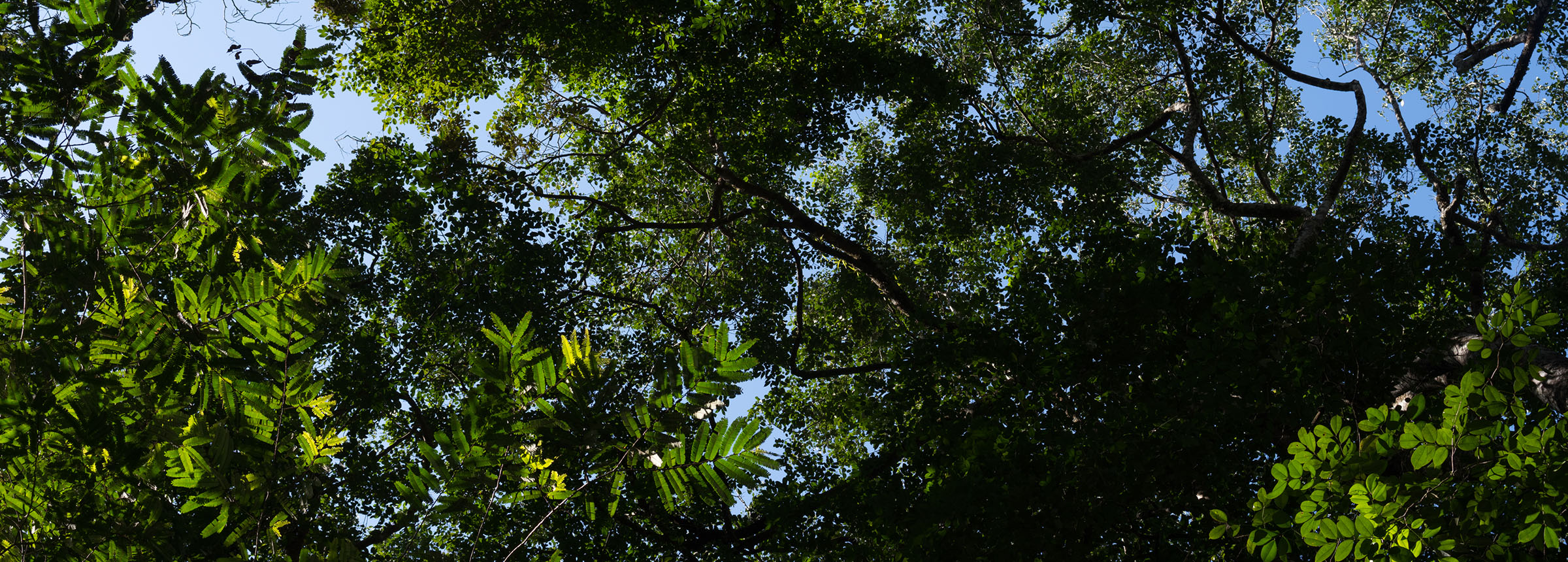
Bonn Challenge Barometer
Forested landscapes play a critical role in maintaining social wellbeing, agricultural productivity and general ecosystem functioning. Recognizing this, under the Bonn Challenge, over 45 countries have pledged to collectively restore over 150 million hectares by 2020 and 350 million hectares by 2030. Under this project, Winrock has been supporting the International Union for the Conservation […]
Biofuels Development Jamaica
In the late 2000s, Jamaica faced serious challenges in its energy and sugar cane sectors. The country depended heavily on imported liquid fossil fuels for its energy needs, and sugar cane revenues were falling dramatically. By developing the sugarcane biofuel market, the Biofuels Development Jamaica project aimed to reinvigorate the sugar cane industry by driving…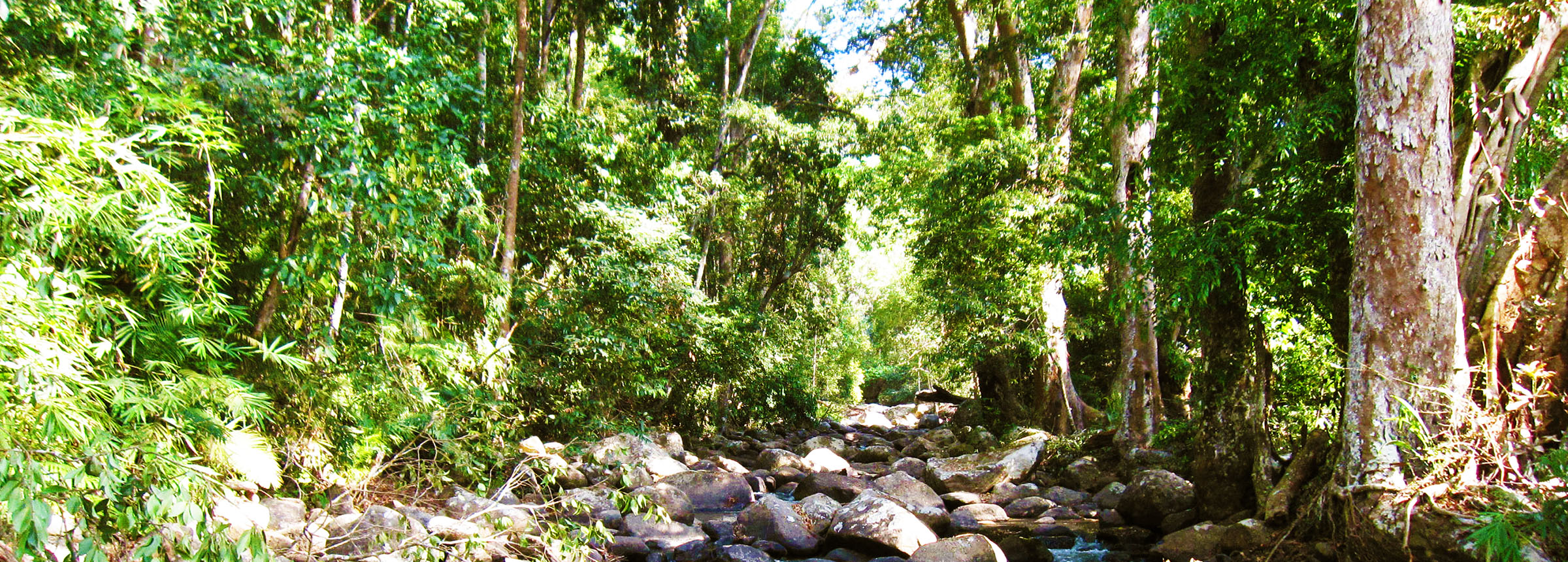
Low Emission Development Strategies Global Partnership Agriculture, Forestry and Other Land Use (AFOLU) Working Group Activities
Agriculture, forestry and other land uses (AFOLU) contribute approximately 80 percent of greenhouse gas emissions from low-income countries. To achieve their emission reduction commitments and also meet their economic development goals, these countries must implement Low Emissions Development Strategies (LEDS) in the AFOLU sector. Winrock International currently serves as the secretariat for the LEDS Global…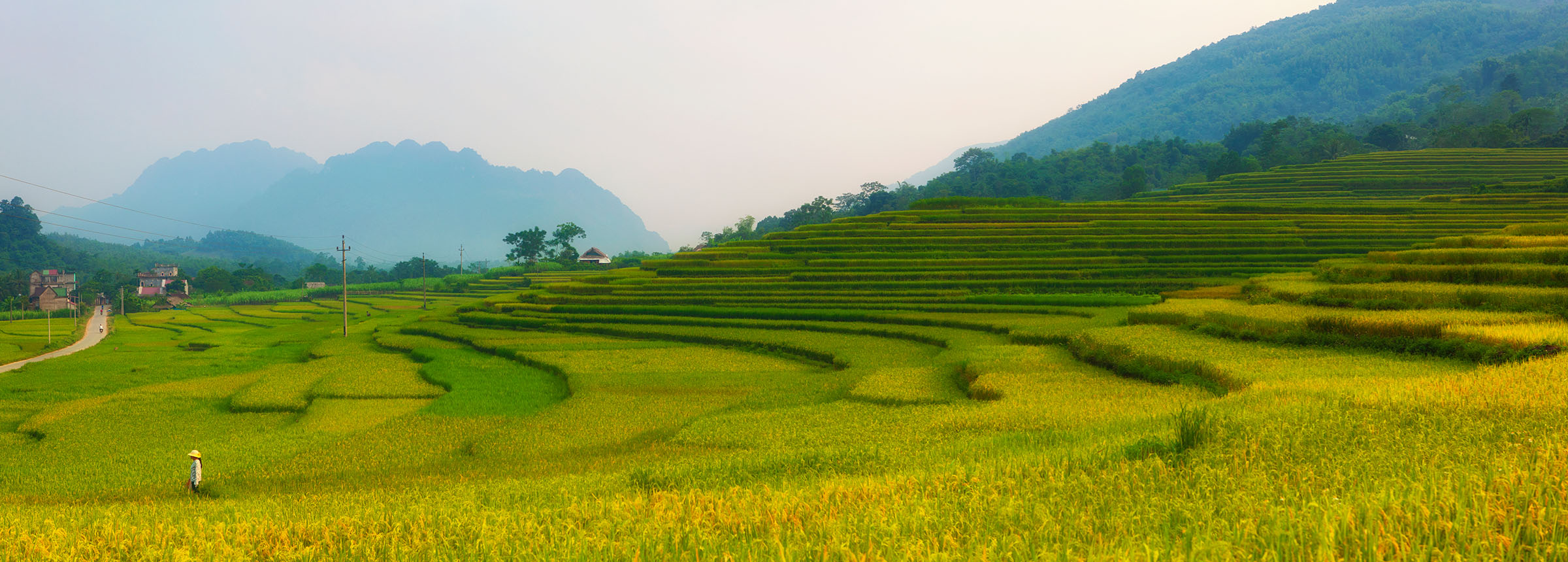
Private Investment for Enhanced Resilience (PIER)
PIER is an innovative climate finance project that incentivizes private sector investments in support of national development objectives that address climate change, such as National Adaptation Plans (NAPs), within countries of strategic interest to the United States, including Bangladesh, Dominican Republic, Ghana, Grenada, Guyana, Indonesia, Jamaica, Mozambique, Peru, Saint Lucia, Tanzania, and Vietnam. PIER demonstrates […]